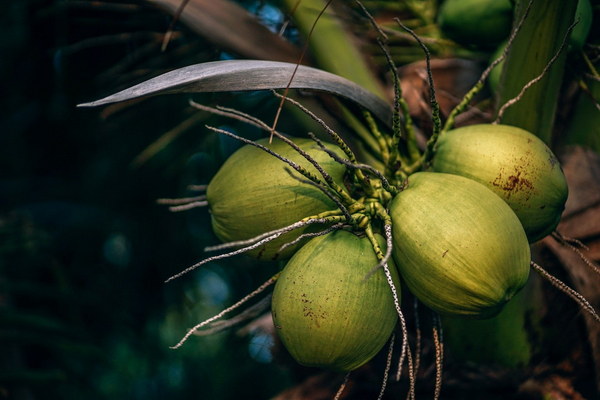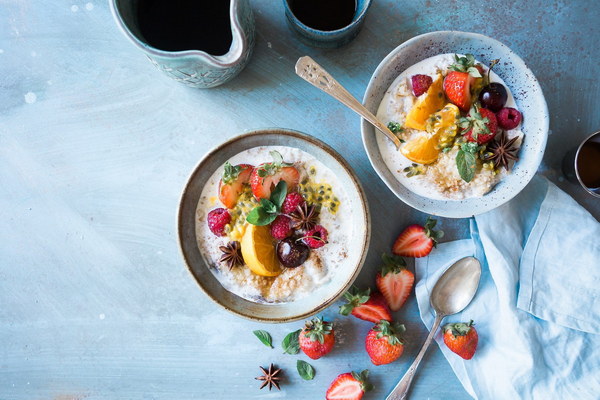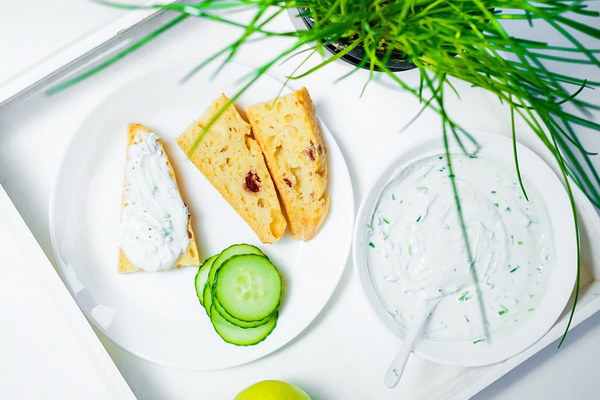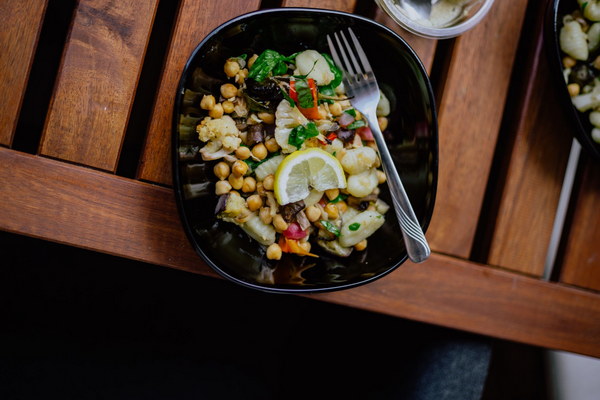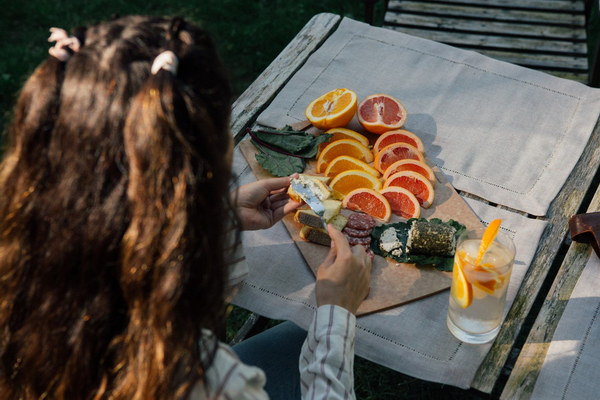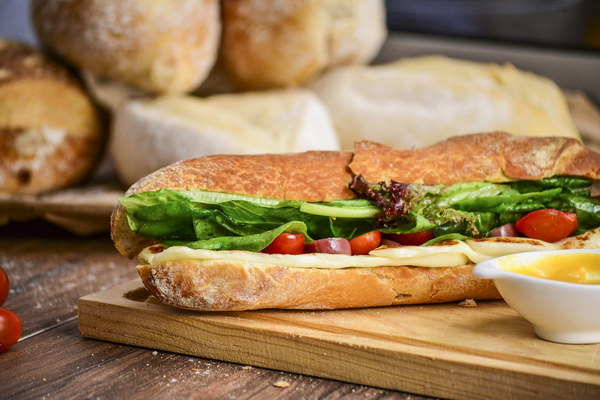Embracing the Chill How to Nourish Yourself for Post-Autumn Cold in the Imperial Palace
As the season transitions from summer to autumn, the ancient Chinese philosophy of yin and yang teaches us that the natural world is undergoing a shift, with cooler temperatures and shorter days signaling the onset of the post-summer period. This time, often referred to as Lìqiū in Chinese, marks the beginning of the cold season, and for those in the imperial palace, maintaining health and vitality becomes a priority. Here's a guide on how to nourish yourself during this season when the post-autumn cold prevails.
Understanding Post-Autumn Cold
The post-autumn cold, or hòuhán, is a concept rooted in traditional Chinese medicine (TCM). It refers to a condition where the body is more susceptible to colds, flu, and other respiratory illnesses due to the seasonal change. The coldness in the environment can seep into the body, leading to discomfort and potential health issues.
Embracing Warmth in Your Diet
One of the key principles of TCM is to align your diet with the season's characteristics. During the post-autumn cold, it's essential to consume foods that can provide warmth and support your immune system.
1. Incorporate Warm Spices: Spices like ginger, cinnamon, and star anise are known for their warming properties. They can be added to soups, stews, or even tea to help ward off the cold.
2. Fiber-Rich Vegetables: Vegetables such as carrots, sweet potatoes, and pumpkins are not only warm but also rich in fiber, which aids in digestion and promotes overall health.
3. Nourishing Soups: Soups are an excellent way to stay warm and provide the body with essential nutrients. Chicken soup, for example, is a traditional remedy for colds and flu due to its immune-boosting properties.
Hydration is Key
As the weather cools down, it's natural to drink less water. However, staying hydrated is crucial for maintaining your body's internal balance. Opt for warm beverages such as herbal teas or warm water with lemon to keep your body warm and aid in digestion.
Rest and Relaxation
The post-autumn cold is not just a physical challenge; it's also a time for mental and emotional balance. Ensure you get enough rest, as sleep is when your body repairs and strengthens itself. Engaging in calming activities such as meditation, yoga, or reading can help you maintain a peaceful state of mind.
Exercise Wisely
Physical activity is an essential component of a healthy lifestyle, even during the cold season. However, it's important to choose activities that are appropriate for the weather. Gentle exercise like walking, tai chi, or yoga can help boost your immune system and improve circulation without overexerting your body.
Avoiding Cold Foods and Drinks
During the post-autumn cold, it's best to avoid cold foods and drinks that can further exacerbate the coldness in your body. This includes cold fruits, raw vegetables, and iced beverages. Opt for room-temperature or warm versions instead.
Herbs and Supplements
Traditional Chinese medicine offers various herbs and supplements that can help combat the post-autumn cold. Some popular choices include:
- Elderberry: Known for its immune-boosting properties, elderberry can be taken as a supplement or in herbal tea.
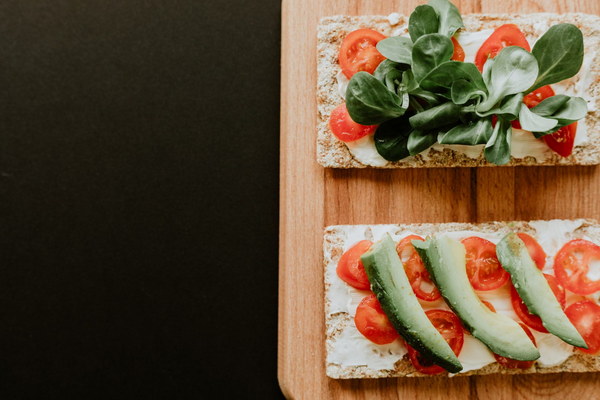
- Schisandra: This herb is believed to support the liver and respiratory system, making it a good choice during the cold season.
Conclusion
Embracing the post-autumn cold period with a balanced approach to diet, hydration, rest, and activity can help you maintain your health and vitality. By following these tips, you can navigate the transition from summer to autumn with ease and continue to thrive in the imperial palace or wherever you call home. Remember, the key is to listen to your body and provide it with the warmth and nourishment it needs during this time of change.
